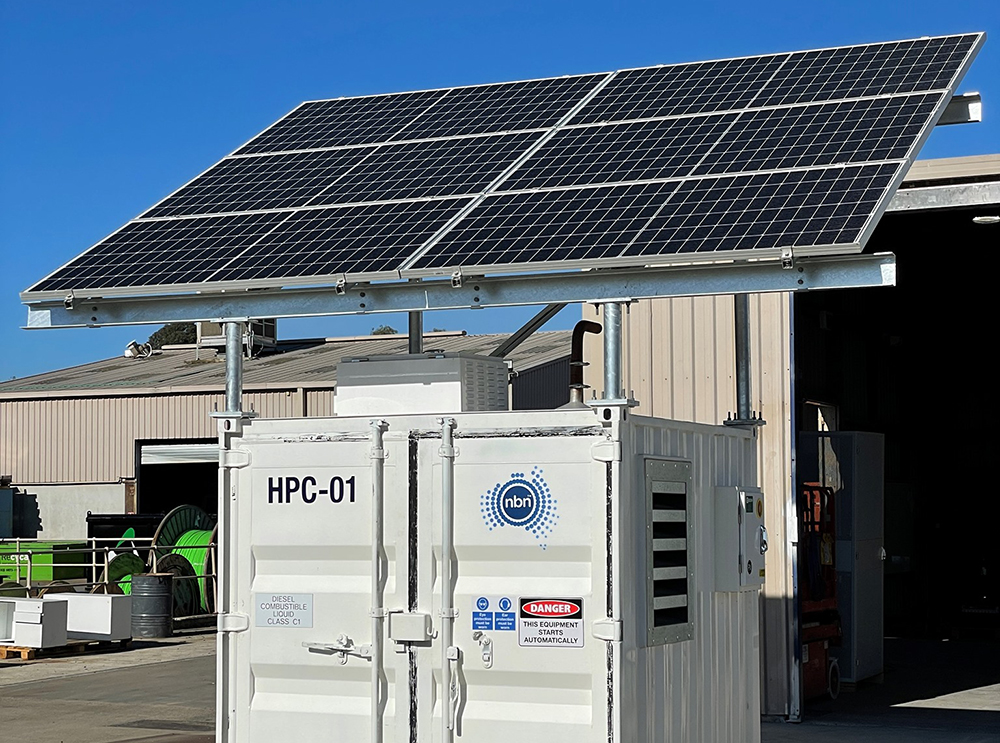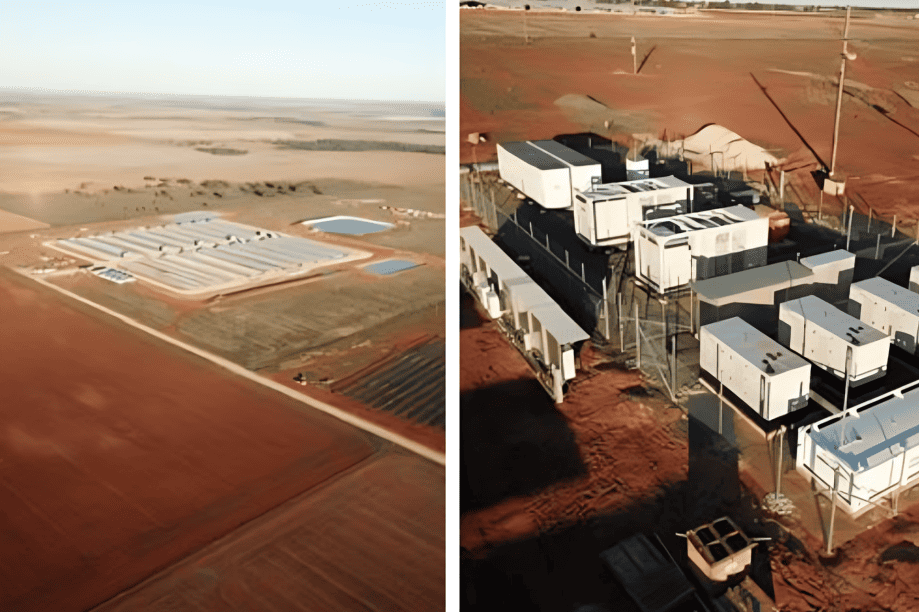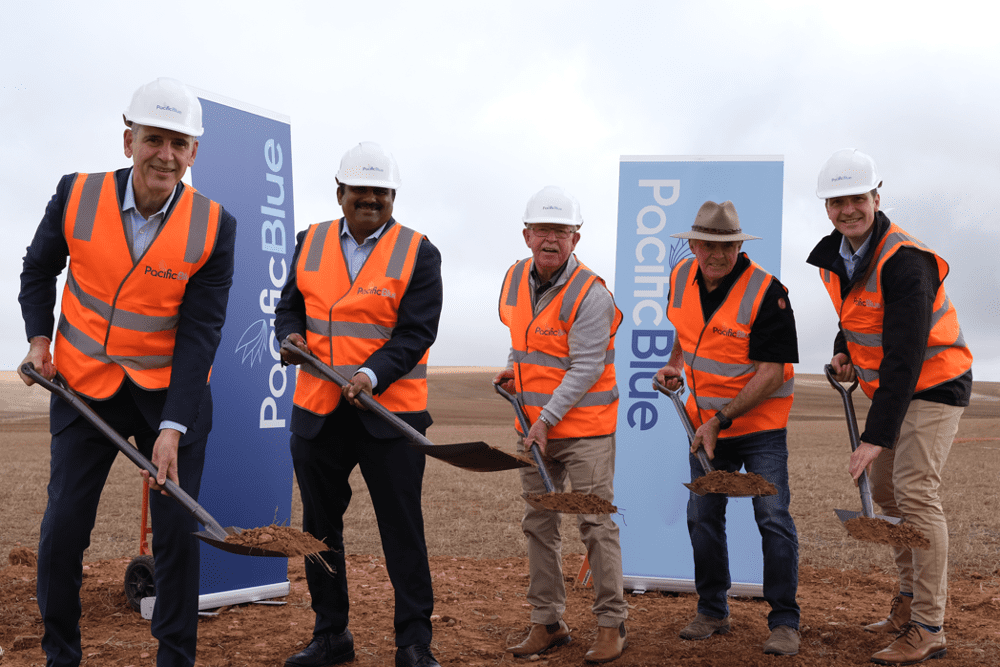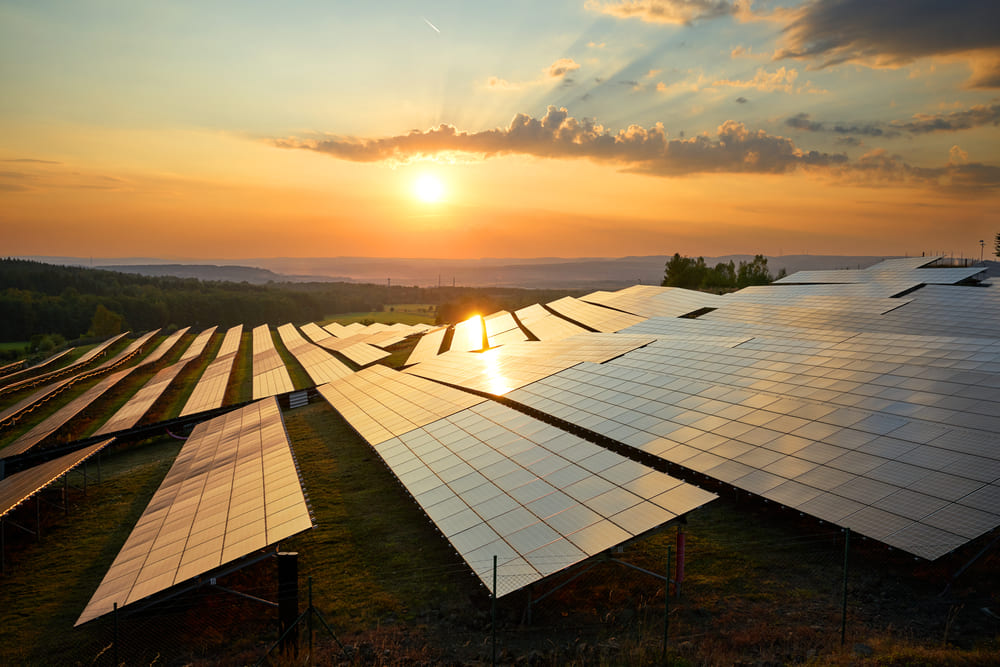
NBN Co has announced its Towards-Zero Carbon Ambition and membership of the global RE100 renewable energy initiative. Through this, the company has an initial three-year roadmap and is working towards reducing its annual energy use by 25GWh by December 2025, purchasing 100 per cent renewable electricity from December 2025 and using electric or hybrid vehicles, where suitably available, by 2030.
With over 8.3 million premises currently connected to the nbn™ network, the company will seek to maintain more efficient use of energy as data demand and the number of connected premises continues to grow.
NBN Co recently entered into a renewable power purchasing agreement that is intended to deliver almost 20 per cent renewable energy to the network by the 2023 financial year. The company has plans to source 100 per cent of its power purchases from renewable energy sources through further power purchase agreements and contracts for renewables.
This work builds on initiatives already delivered including installing solar panels in nbn facilities, turning off inactive line cards (that send and receive data traffic) in its network and installing LED lights in its technical facilities.
NBN Co Chief Executive Officer Stephen Rue said the aim is to create a more sustainable company through its commitment to digital inclusion and capability; empowering individuals, businesses and communities to stimulate economic productivity and growth; operating a trusted secure and reliable network, reducing emissions and addressing climate risks; fostering workplace diversity and inclusion and by being transparent and accountable.
“Beyond the direct impact of becoming an environmentally sustainable business, what’s equally exciting is the power of the network to help enable digitisation, and the huge benefits that unlocks for the nation in terms of emissions reductions, as well as socio-economic benefits.”
NBN Co Chief People & Culture Officer Sally Kincaid said the company has made great progress in several key areas since the release of nbn’s first Sustainability Report in January 2021, including an environmental impact, achievements in diversity and inclusion, as well as delivering better outcomes for First Peoples communities.
“We know we have an important role to play supporting the social and economic wellbeing of communities right across Australia, and a responsibility to protecting the environment in which we operate.”











